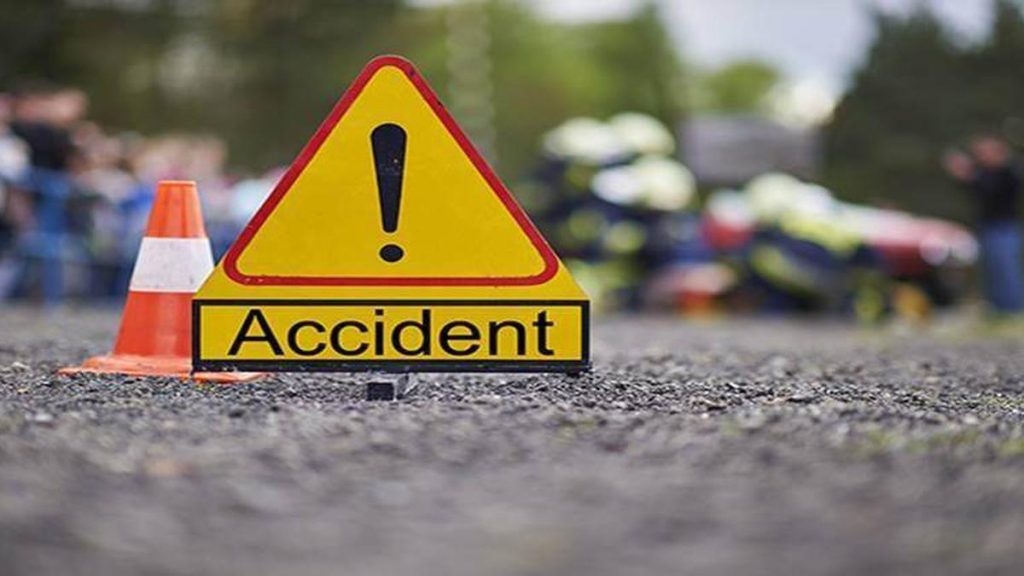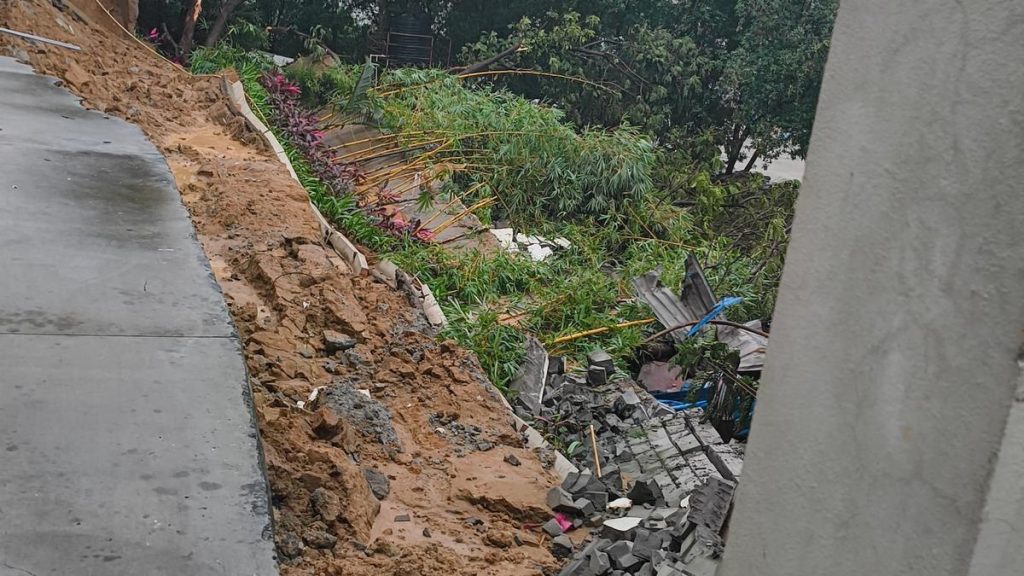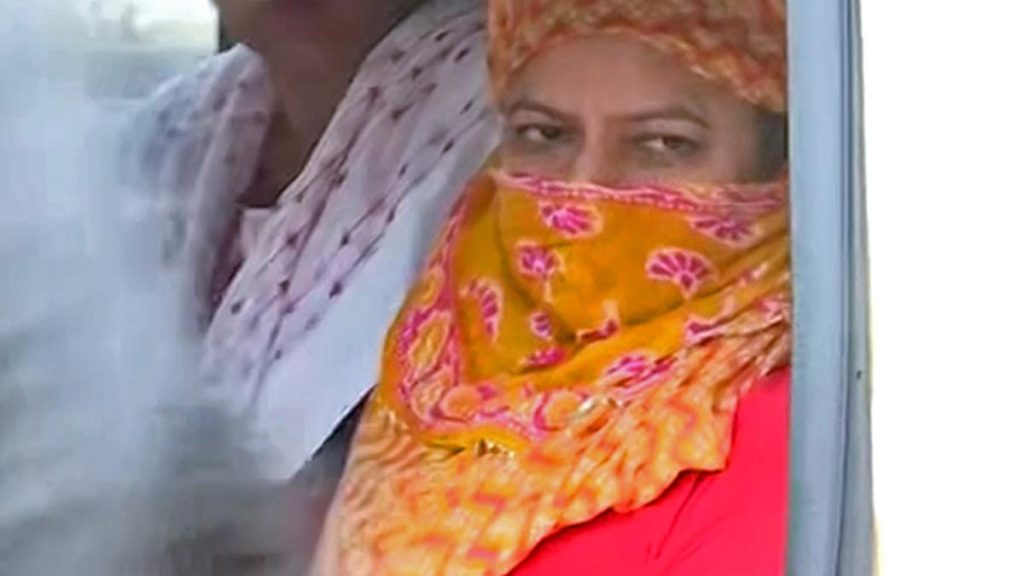Now Reading: Devadasi Survey Begins in Karnataka, Sparks Confusion Over Required Documents
-
01
Devadasi Survey Begins in Karnataka, Sparks Confusion Over Required Documents
Devadasi Survey Begins in Karnataka, Sparks Confusion Over Required Documents
Speedy Summary:
- Survey Details: karnataka commenced its third survey of devadasis in 15 North and Central districts on Monday. Previous surveys identified 23,630 and 46,660 devadasis in 1993-1994 and 2008-2009, respectively.
- Objective: The survey aims to identify left-out devadasis or verify claims from families of deceased individuals.
- Document Requirements: The government mandates over a dozen documents for registration, including a family tree. Confusion persists regarding whether self-declaration suffices.
- Challenges Observed:
– Activists claim inadequate publicity about the survey.
– Server issues slowed registrations at taluk offices, while some applicants lacked required documentation like the family tree forms.
– District committees remain underprepared; some have not yet convened or been formed officially.
– Concerns raised about openness by activists and committee members.
- Age Criteria Issue: Allegations suggest that the app used for submissions again imposes an age threshold (45 years+),despite demands to remove it.
- Government’s Position: Officials confirm that self-declarations are acceptable but emphasize scrutiny due to potential fraudulent claims for benefits tied to identification as a devadasi.
Indian Opinion Analysis:
The continued challenges surrounding Karnataka’s third survey of devadasis underscore systemic inefficiencies in implementing welfare initiatives for marginalized communities. While intended as a corrective action following SHRC directives, errors like unclear document requirements, server failures, and lack of committee preparedness compromise credibility and outreach efforts.
One notable issue is the recurring age-based criteria embedded in registration systems despite prior protests against its exclusionary nature-a misstep likely to exclude younger generations affected similarly by this practice post-enactment of prohibition laws.
The insistence on robust documentation such as family trees can further alienate those from vulnerable socio-economic backgrounds unable to access bureaucratic formalities within limited timelines provided-a concern echoed by activists advocating easier implementation mechanisms like self-declaration prioritization.
Transparency will be key moving forward; addressing logistical gaps swiftly will be essential not only to ensure rightful beneficiaries are included but also prevent erosion of trust among communities historically underserved by governance processes aimed at their rehabilitation.
























